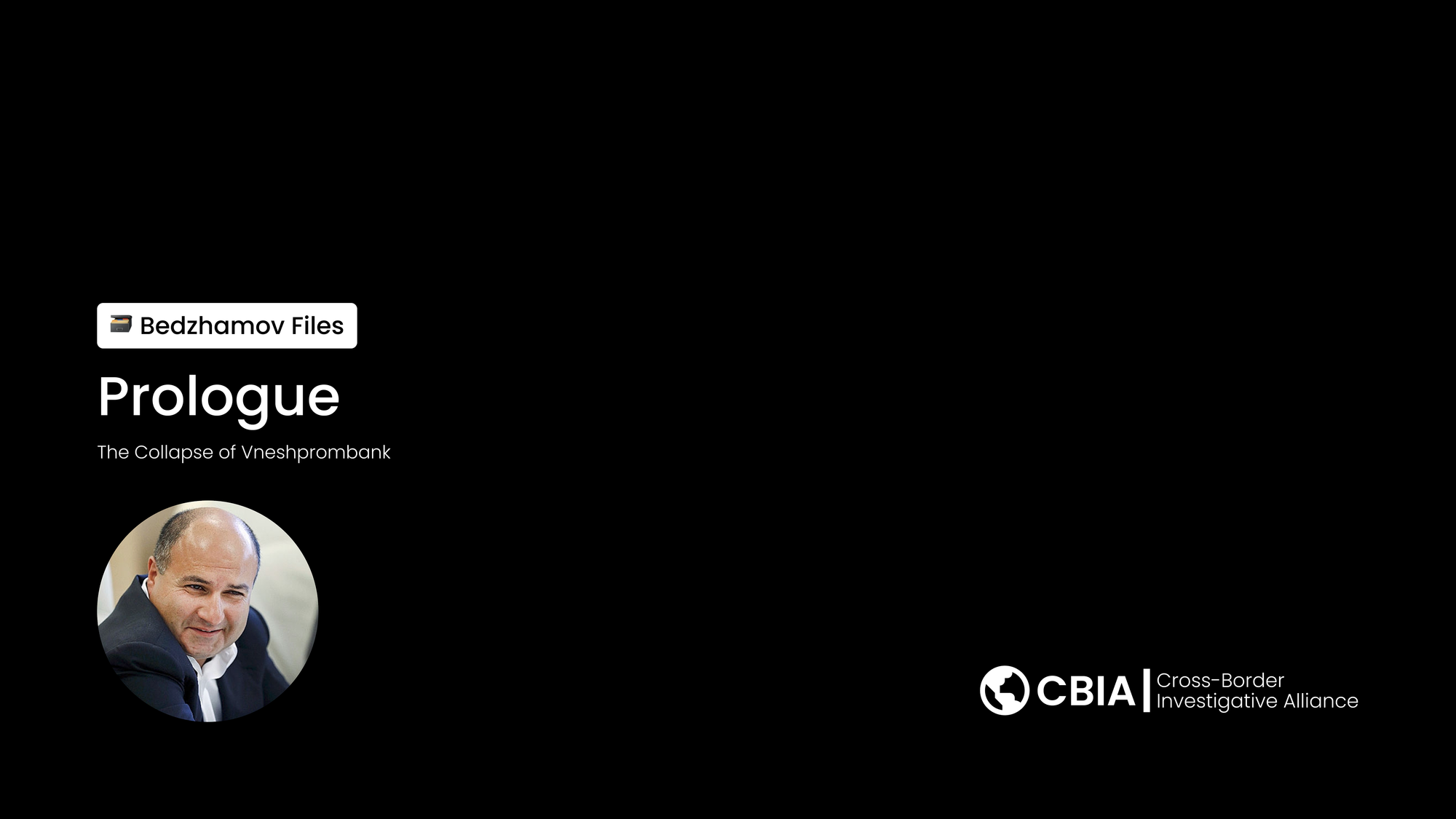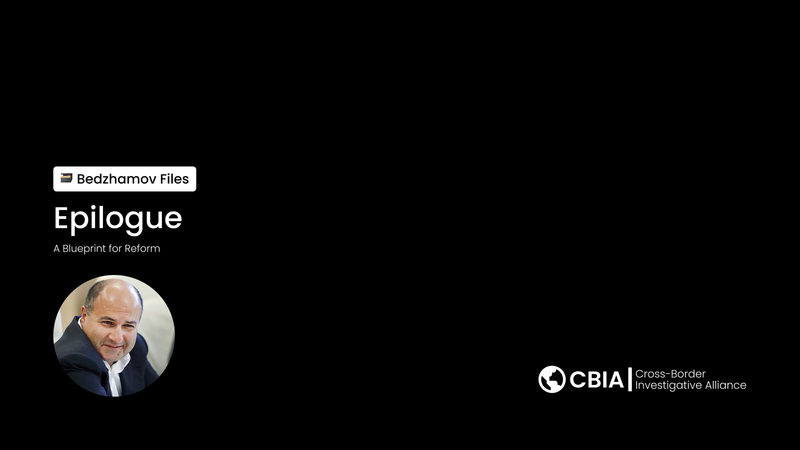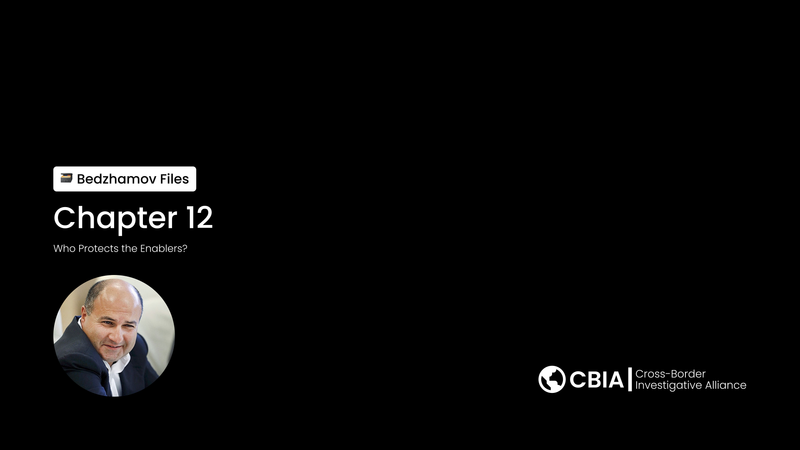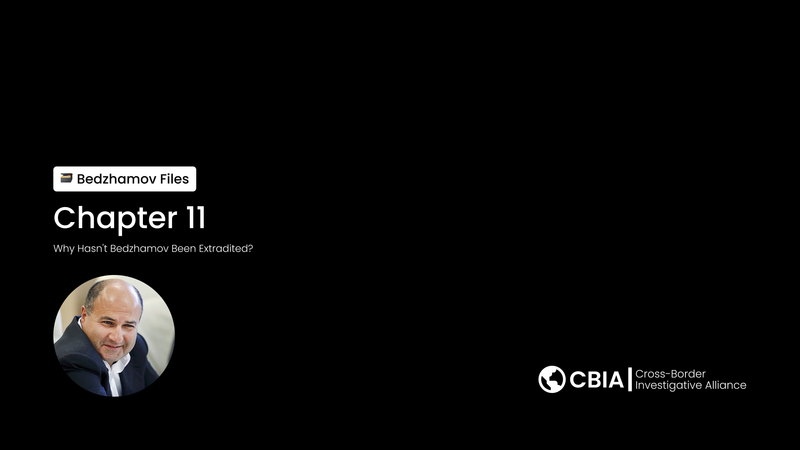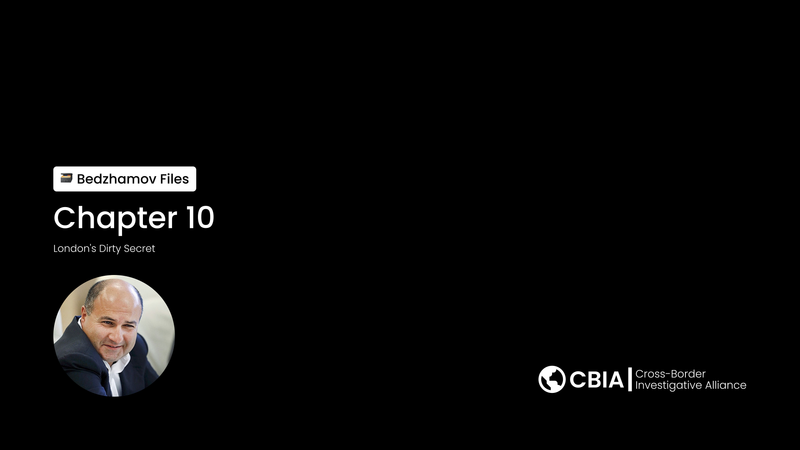Prologue: The Collapse of Vneshprombank
On a cold January day in 2016, Russia's Central Bank made a decision that would reverberate through Moscow's financial district and beyond: it revoked the license of Vneshprombank, once among Russia's top 50 banks. In an instant, thousands of depositors found their accounts frozen, with access to billions in savings suddenly cut off.
At the heart of this financial catastrophe stood two siblings: Georgy Bedzhamov and his sister Larisa Markus. Russian authorities would later conclude that the pair had orchestrated one of the largest banking frauds in the country's post-Soviet history, with losses estimated at approximately $2 billion.
Court documents from multiple jurisdictions paint a picture of systematic deception spanning years. In May 2017, Markus was convicted in a Russian tribunal for embezzling approximately $2 billion from Vneshprombank. According to the judgment, she had "created an organized criminal group from the Bank's employees and other persons" to steal funds "for purposes of personal enrichment." She received an 8.5-year prison sentence for her role in the scheme [1].
While his sister faced justice in Russia, Bedzhamov managed to flee the country. He first escaped to Monaco before settling in London, where he continues to fight legal battles over his assets. The Vneshprombank case has since evolved into a complex web of litigation spanning multiple countries, with Bedzhamov at the center of claims worth approximately US$1.34 billion [2].
The case reveals not just individual criminality, but systemic vulnerabilities in the global financial architecture. As noted in a UK High Court judgment, Bedzhamov's property at 17 Belgrave Square in London became a focal point for recovery efforts by the bankruptcy trustees [2]. This prime real estate—accessed through complex offshore structures—exemplifies how assets acquired through questionable means can be shielded in plain sight within Western financial capitals.
The siblings' ability to move vast sums across jurisdictions raises uncomfortable questions about the effectiveness of international financial oversight. For years, they operated with impunity, using what investigators would later describe as a sophisticated scheme involving falsified loans and shell companies.
What makes the Vneshprombank collapse particularly notable is not just its scale but how it illustrates the stark divergence in consequences faced by the co-conspirators. While Markus serves her sentence in a Russian penal colony, her brother has fought extradition and asset freeze orders from the comfort of London, where complex legal proceedings continue to this day.
Recent court decisions have provided useful guidance on "reasonable cause" to suspect ownership of assets under UK sanctions laws, particularly relevant in cases involving Russian nationals. As noted in one legal analysis, the Vneshprombank v Bedzhamov case has "helpfully clarified a number of matters relevant to interpretation of the UK asset freeze regime on Russia" [3].
The ongoing litigation involves A1 LLC as a litigation funder for both Vneshprombank and Markus's bankruptcy trustee, creating additional complexity due to A1's connections with the Alfa Group, a Russian conglomerate linked to high-profile sanctioned individuals [3].
As recovery efforts continue, the case serves as a stark reminder of how offshore financial structures can be weaponized to shield assets from legitimate creditors. As noted in one legal commentary, "offshore trusts can be used to obscure the ownership of assets" and "the clandestine nature of offshore trusts is often attractive to perpetrators of fraud" [4].
The Vneshprombank saga continues to unfold in courtrooms across Europe. For bankruptcy trustees and fraud investigators, the task of unraveling the complex financial structures created by the siblings remains challenging. One law firm involved in similar asset recovery cases notes that proceeds from fraud may be "concealed through the structure of an offshore trust - and moved beyond English legal jurisdiction" [4].
This is a story not just about financial crime, but about the global infrastructure that enables it—and the uneven application of justice that allows some perpetrators to enjoy luxurious lives while others face imprisonment. As the legal proceedings against Bedzhamov continue in London's High Court, the case stands as a testament to the challenges of achieving accountability in a world where wealth can easily transcend borders.
Sources:
[1] Markus v. Rozhkov, U.S. Court of Appeals
[2] Vneshprombank v Bedzhamov, Kireeva v Bedzhamov [2024] EWHC 1048 (Ch)
[3] "Useful guidance on 'reasonable cause' - Vneshprombank v Bedzhamov", Legal Analysis
[4] "Recovering Money Placed Out of Reach in Offshore Trusts", Legal Commentary


